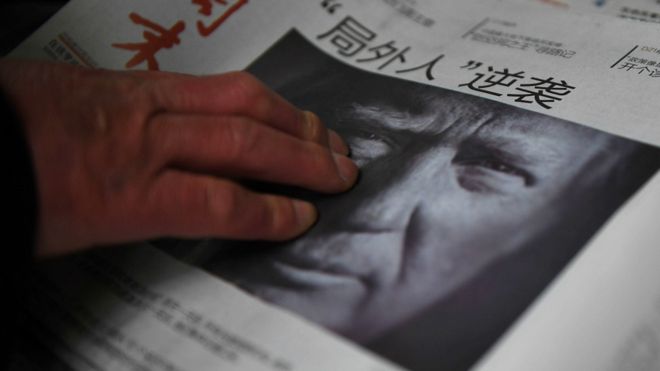
Jared McKinney, PhD student, S. Rajaratnam School of International Studies
Nov 11, 2016
Donald Trump will be the next president of the United States, which could signal a new configuration for U.S.-China relations. Three options appear possible. First, Trump’s Administration could end up confusing China through a mixture of respect and intimidation. Second, Trump’s Administration could opt to preserve the status quo of economic engagement but American military superiority in East Asia. And Third, Trump’s Administration could seek to orient the bilateral relationship towards respect and mutual benefit, avoiding “self-damaging” competition. Which path will be taken will largely rest on the sort of people Trump appoints to his Administration.
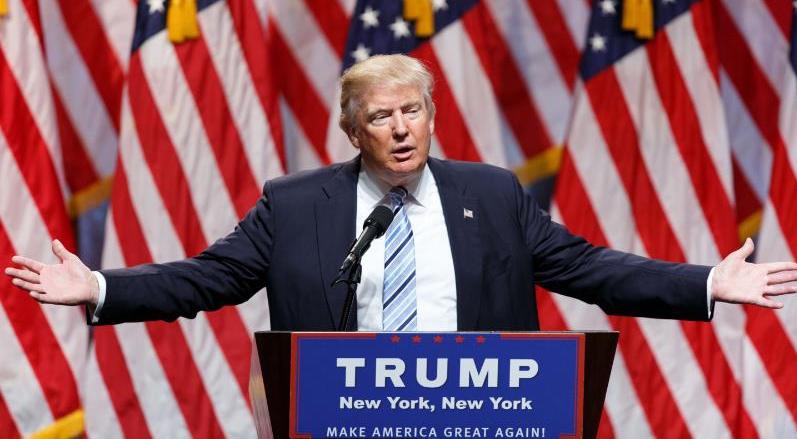
Sun Chenghao, Fellow, Center for International Security and Strategy of Tsinghua University; Munich Young Leader 2025
Nov 10, 2016
Reacting to issues from Korea to the South China Sea, the next president of the United States should carefully build mutual confidence and reduce the possibility of risks. Holding the annual summit between the two leaders as early as possible in 2017 would be a great first step.
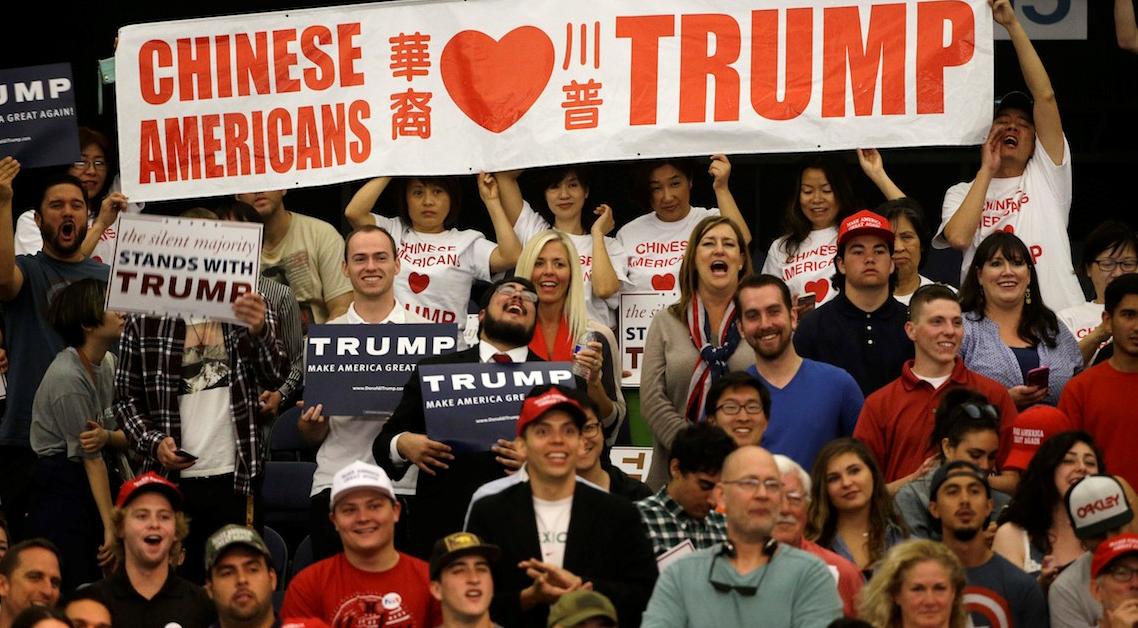
Kaiser Kuo, Host, Sinica Podcast
Nov 07, 2016
Based on conversations Kaiser Kuo and his wife Fanfan have had with Chinese and Chinese Americans since moving to North Carolina in person and on WeChat groups, the chief reasons behind the popularity of Trump with first-generation immigrants from the PRC are: affirmative action, sexual conservatism, racism, schadenfreude, and Clinton’s hawkishness, taxation, immigration, and personality.
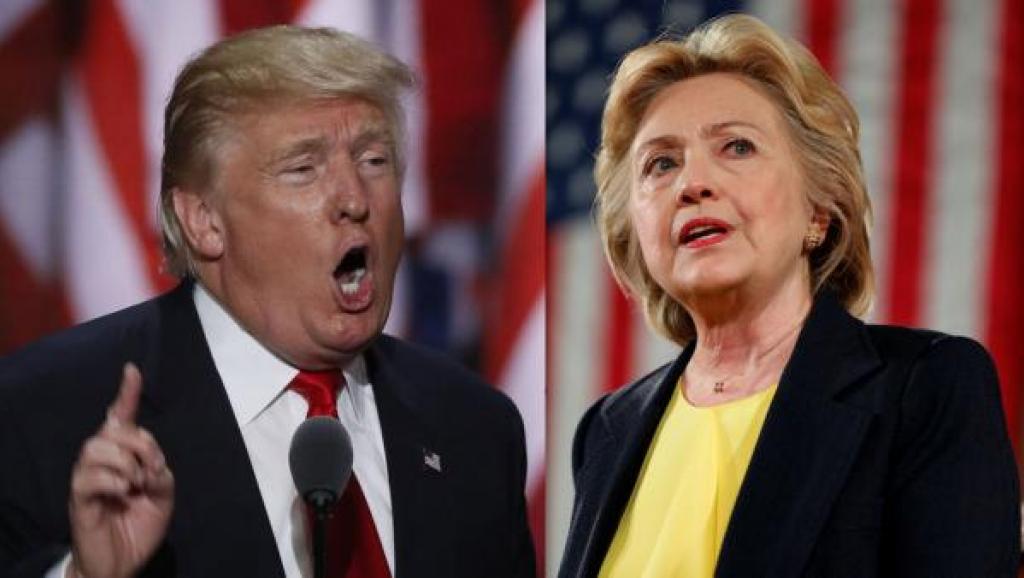
Dan Steinbock, Founder, Difference Group
Oct 14, 2016
In Europe, Asia, and South America, preferences for either Clinton or Trump differ based on the candidates’ views on trade, the economy, and foreign policy doctrine. Though Clinton is the preferred candidate in most areas, whoever the next U.S. president is will face significant challenges on several continents.
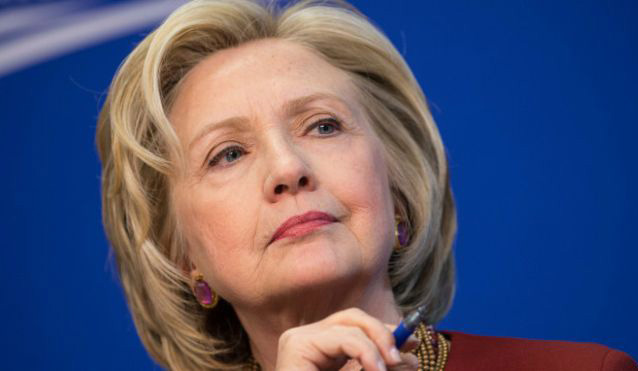
Doug Bandow, Senior Fellow, Cato Institute
Oct 20, 2016
Hillary Clinton is expected to be more belligerent than Obama in dealing with Beijing. But the U.S. cannot expect confrontational or coercive tactics to succeed. Doing so could damage further cooperation between the two countries and drive Beijing closer to North Korea. Instead, the U.S. should aim to take a more diplomatic approach to their relationship with Beijing.
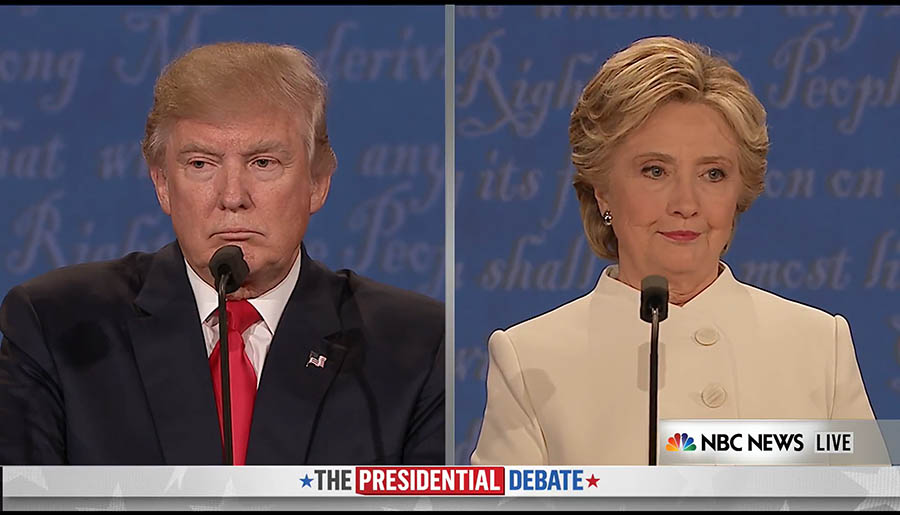
Christopher A. McNally, Professor of Political Economy, Chaminade University
Oct 20, 2016
The critical U.S. presidential election between Donald Trump and Hillary Clinton not only matters for China-U.S. relations, but also reflects how a new and potent form of isolationism is on the rise globally. Deep economic and cultural fissures are developing between those who can take advantage of globalization and those who lack the resources and skills to do so.
Chen Jimin, Guest Researcher, Center for Peace and Development Studies, China Association for International Friendly Contact
Oct 13, 2016
Despite their differences as argued by Clinton and Trump, the televised encounter showed that protecting the interests of the United States will be the objective of whoever wins the White House.
Marianne Ojo, Visiting Professor and Post-doctoral Researcher, George Mason University
Oct 07, 2016
Marianne Ojo analyzes the effect that foreign affairs, national security, and economic concerns have on the narratives present in the U.S. Presidential debates. Just how devastating could Trump be for the U.S economy? The financial markets are preparing and testing the waters, and it can be speculated that the markets will adjust if Trump wins the election despite initially reacting with volatility.
Zhang Zhixin, Research Professor of Institute of American Studies, CICIR
Sep 14, 2016
Whether Trump wins the election or not, we are seeing the failure of the U.S. democracy. Even if Meanwhile, Trump forced the Americans to face the inconvenient truth of their democracy and the dark side of the American society. The discrimination against the minority groups, the disparity between the rich and the poor and the money politics will not disappear just because the mainstream chooses to ignore them.
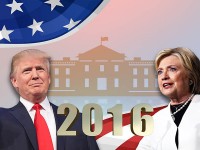
Xenia Wickett, U.S. Project Director, Chatham House
Sep 07, 2016
The U.S.-China relationship is probably the most important one that the next president will need to manage. There would be few surprises for Asia in a Clinton presidency who would largely maintain the traditional ‘hedge and engage’ policy towards China. While a Trump presidency could be seen as better for China, allowing more leeway on security issues, adding an additional element of unpredictability that he would bring to China’s already uncertain economy, would not be good for the country or President Xi Jinping.
Back to Top

- China-US Focus builds trust and understanding between the U.S. and China through open dialogue among thought leaders.
- Our Offerings
- Topics
- Videos
- Podcasts
- Columnists
- Research Reports
- Focus Digest
- Stay Connected
-
Thanks for signing up!
- Get the latest stories from China-US Focus weekly.